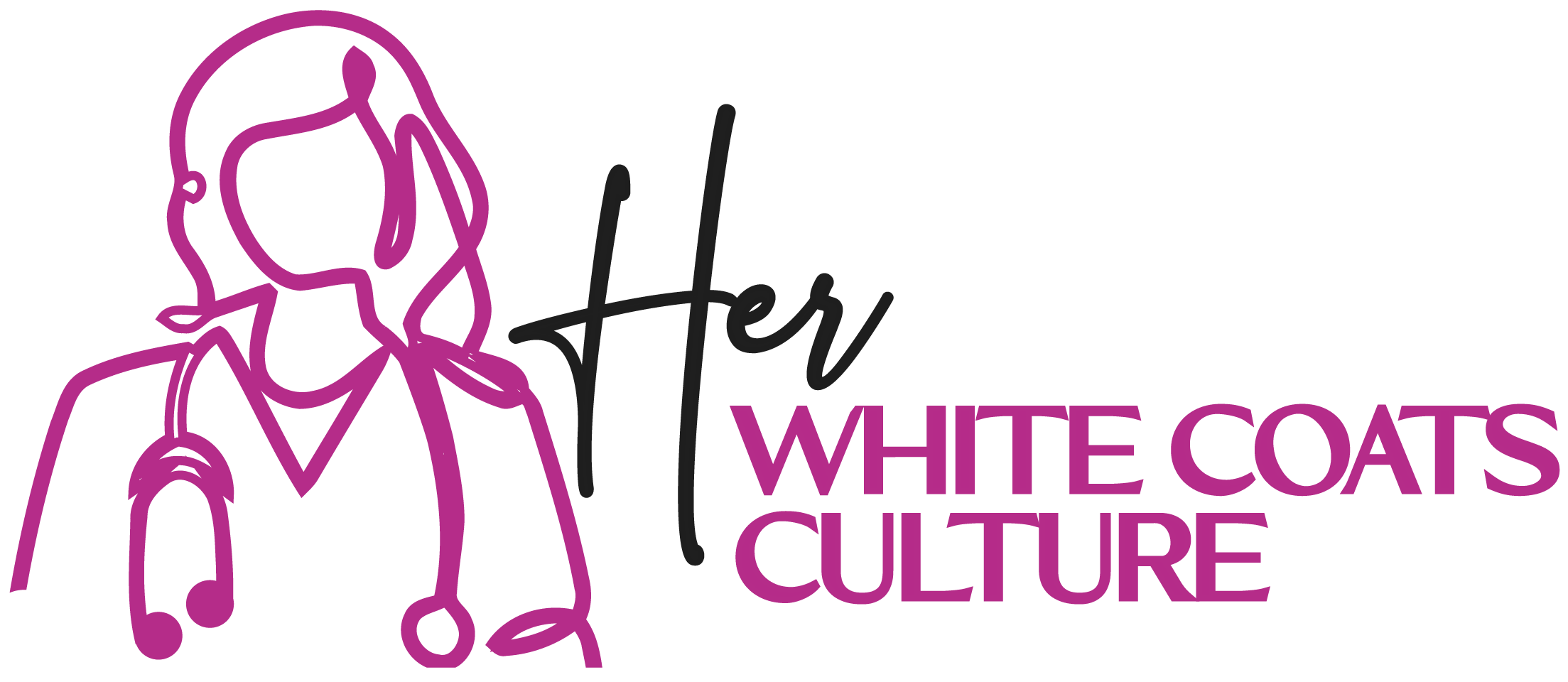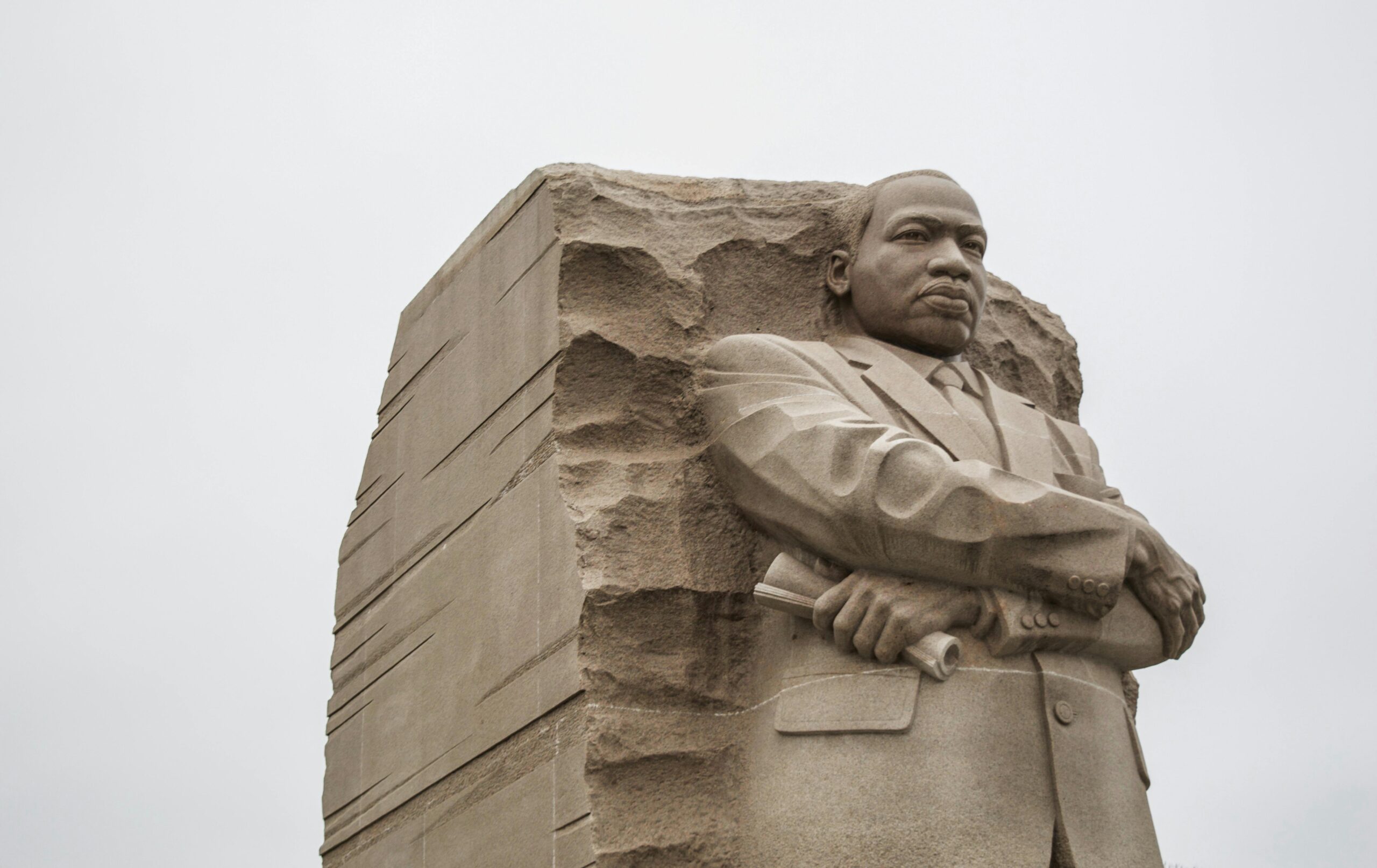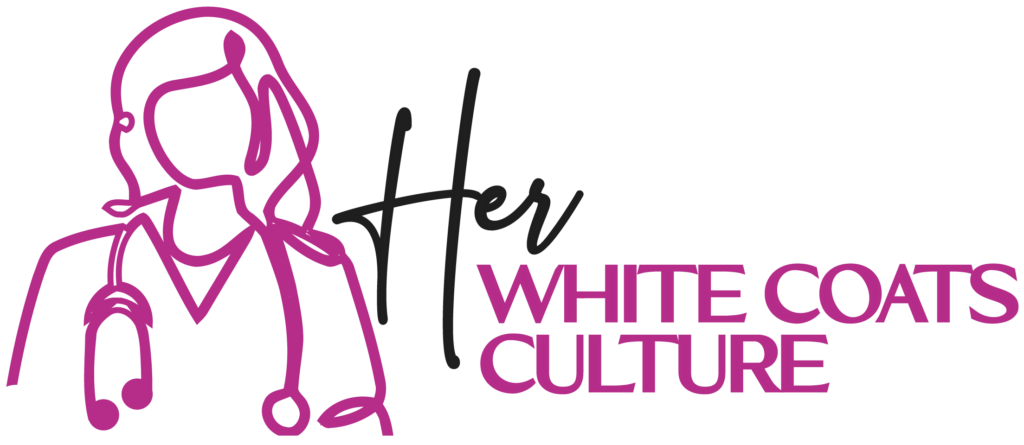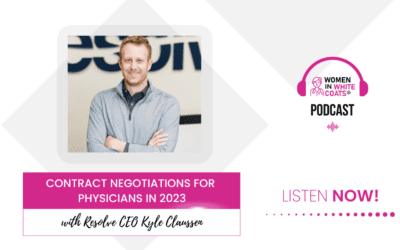Am I a physician first or a sister first? Am I a physician first or a daughter first? The first thought continuously haunted me when my cousin (who was like my younger brother) was diagnosed with leukemia. Similarly, I struggled with the second thought. I struggled when my father was diagnosed with Glioblastoma Multiforme. I have come to this cross road twice, when it seems impossible to balance my role as a professional physician and a loving sister/daughter. Finding the appropriate balance is definitely not something that is taught in medical school or during residency. When your loved ones are diagnosed with a disease that will shorten their life span significantly – it is hard, it is extremely hard! And it is much harder if you are a physician who is aware of all the facts. Should you lay out the facts in front of them and watch them and the other family members slowly lose hope and become ghost-like versions of themselves or do you keep some hope alive and let them live the last few months, weeks and days with some joy and enthusiasm? This highly philosophical question is the primary question I struggled with as a physician, a sister and as a daughter. My logical mind and my emotional mind were conflicted.
“Leukemia.” A word that scares all physicians. That was the diagnosis given to my cousin at the age of 32. I remember just sitting down and crying non-stop while my husband comforted me as I let the facts sink in. I was the one who had pushed him into getting a bone marrow biopsy done when he had persistent leucopenia despite stopping Bactrim. Several years prior, during one of our random conversations, I had told him how I thought that bone marrow biopsy was a very painful procedure and how I hated performing it. Now I was asking him to get a bone marrow biopsy done? I could hear the confusion in his voice. That bone marrow biopsy led to the diagnosis of ALL. Although I felt deeply hopeless internally, I conveyed a sense of cautious optimism to my aunt and the rest of our family. Eventually 3 years later, we lost him to the same disease. It almost felt like a personal failure. I questioned myself repeatedly. Did I clearly convey my thoughts and knowledge to my family members or did I let them down? I was full of self-doubt.
“Glioblastoma Multiforme.” That was the diagnosis given to my father in 2012. My father was still working, was on no medications and was “perfectly healthy”. All of a sudden! Just like that! I was on spring break with my family at the time of the diagnosis. I immediately flew out to India to be at my father’s side in the Neurosurgery ICU. This time the physician in me went into ACTION mode. I needed to identify the problem and fix it. More importantly, I had to be strong while doing it. My mother, brother and my kids were watching me and getting their strength from me. Learning from last time, I needed to develop some emotional detachment. How is that even possible? I tried to take the whole process one careful step at a time and cut any outside distractions. But the writing was on the wall. One year later I lost my Dad.
As a physician, we literally deal with life and death on a daily basis. Truthfully, it really is not until you are faced with a situation affecting someone intensely personal that you actually comprehend the full meaning of death. Personally, I felt I had somehow failed both my cousin and my father. They had put their trust in me. I felt it when I accompanied my cousin for his appointment with the Oncologist. I felt it when my father looked at me while being rolled in to the neurosurgery OR. Of course I could not have prolonged their survival myself. But again the question arose. Should I have discussed everything with my family in detail? In the case of my cousin and my father: Is it better to know when you are going to die and learn to die? Or is it better if you have optimism regarding their condition and the rest of their life? Reflecting, I don’t see any JOY in knowing and planning when you die. On the other hand, maybe knowing brings PEACE. Using a rather cliché phrase to simplify the mental confusion within my head, is ignorance really bliss when its regarding your own life? I know that something changed in me after I lost my cousin and father. Not simply because of their deaths but because of the knowledge I gained during the process.
I learned that, as a physician, you should give yourself time to grieve. Give yourself permission to fall apart. Don’t postpone the feeling. Putting off this vital part of healing process tends to bring gigantic waves of emotion attempting to swallow you as you struggle to stay afloat as everyone else unknowingly feels that you have fully and quickly recovered.
“Because the reality of death has not yet penetrated awareness, survivors can appear to be quite accepting of the loss!”
– Joan Didion in The Year of Magical Thinking
My advice to young physicians is:
- Don’t be too hard on yourself
- You are human and give yourself permission to just be
- Balancing yourself as a physician and as a loving family member is hard
- Do not have any self-doubt. Give yourself permission to fall apart.
Sangeeta Agrawal, MD, FACG,FASGE, AGAF is an Academic Gastroenterologist and Professor Of Medicine at Wright State University in Dayton, Ohio, She enjoys yoga, singing, traveling and reading.






